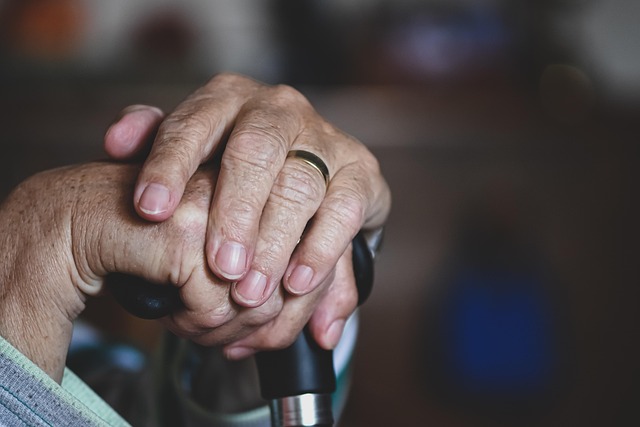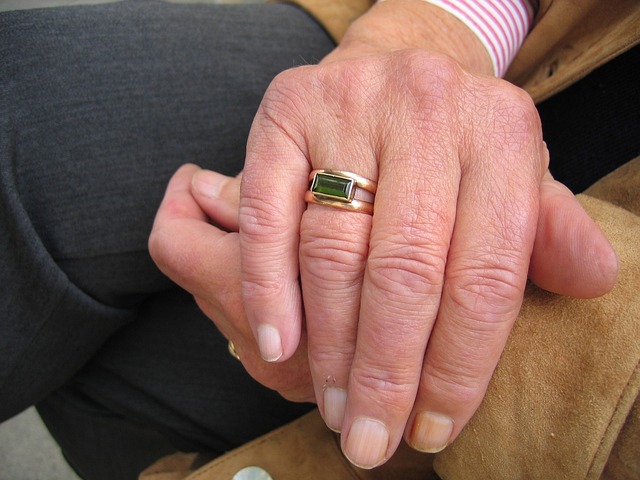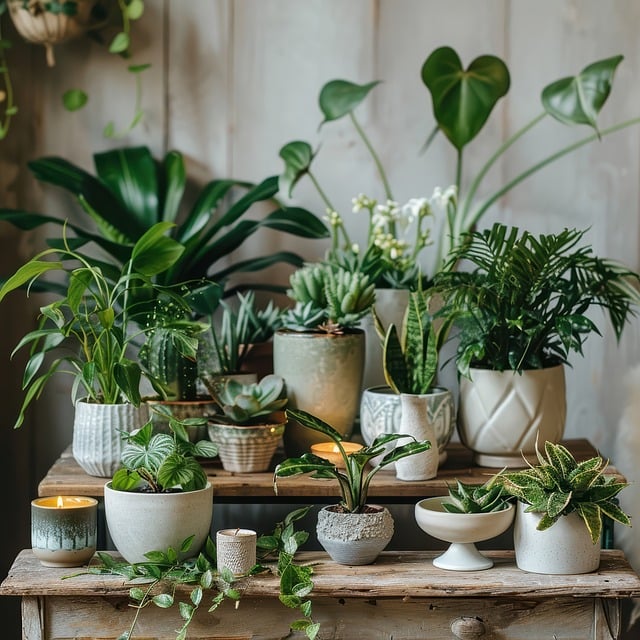Understanding the importance of social engagement, home care services and companion care professionals play a vital role in enhancing quality of life and well-being for the elderly, especially those living alone. Non-medical companion care offers personalized help with daily tasks, emotional support, and companionship, fostering independence and dignity. In-home aides provide essential senior care, including personal care, conversations, games, and shared activities, alleviating loneliness and isolation to improve both physical and mental health for seniors aging in place. The decision between home care services and companion care balances assistance with maintaining independence, addressing feelings of loneliness prevalent among the elderly population.
Social engagement and emotional support are vital aspects of elderly care, significantly enhancing the quality of life for seniors. This article delves into the importance of social interaction and emotional well-being in the context of home care services, focusing on companion care as a non-medical approach to senior care. We explore why in-home aides serve as essential social companions and how they contribute to the overall health and happiness of older adults, offering guidance for navigating home care options.
- Understanding Social Engagement: Why It Matters for Elderly Care
- The Role of Emotional Support in Home Care Services
- Non-Medical Care: Companion Care for Seniors at Home
- Building Connections: In-Home Aides as Social Companions
- Enhancing Quality of Life Through Personal Care and Interaction
- Navigating Home Care Options: Choosing the Right Companion Care Services
Understanding Social Engagement: Why It Matters for Elderly Care

Understanding social engagement is paramount in elderly care, as it significantly enhances quality of life and well-being for seniors. In-home aides and companion care professionals play a vital role in fostering meaningful connections, combating loneliness, and promoting mental health among older adults. Home care services for seniors often go beyond medical assistance; they provide non-medical care that addresses the social and emotional needs unique to this demographic.
Elderly individuals, especially those living alone, may struggle with isolation and lack of companionship. Companion care aims to fill this gap by offering personal care and support in familiar surroundings—the senior’s home. By engaging in conversations, participating in hobbies, and providing a listening ear, in-home aides create a sense of belonging and improve overall emotional health. This type of social engagement is crucial for maintaining cognitive function, boosting self-esteem, and even reducing the risk of depression in older adults.
The Role of Emotional Support in Home Care Services

Emotional support plays a pivotal role in home care services, especially when catering to the needs of the elderly and those requiring senior care. Beyond the provision of non-medical care and personal care, in-home aides and companion caregivers offer a sense of companionship and emotional well-being. This is particularly crucial for individuals who may feel isolated or lonely due to their age, health conditions, or living arrangements.
Home care services for seniors focus on enhancing quality of life by addressing emotional needs. Companion care ensures that the elderly receive personalized attention, engage in meaningful conversations, and have someone to share their daily experiences with. This human connection can significantly mitigate feelings of depression and anxiety, fostering a sense of belonging and purpose. In-home aides often serve as listeners, supporters, and friends, creating a supportive environment tailored to each client’s unique emotional landscape.
Non-Medical Care: Companion Care for Seniors at Home

Non-medical care, often referred to as companion care, plays a vital role in providing support and enhancing the quality of life for seniors who prefer or require assistance in the comfort of their homes. This type of care goes beyond traditional medical services; it’s about creating a warm, supportive environment tailored to the elderly individual’s needs. In-home aides or companions offer personal care, assistance with daily tasks, and companionship, ensuring seniors maintain their independence and dignity.
Home care services for seniors can include light housekeeping, meal preparation, medication reminders, transportation to medical appointments, and emotional support. Companion caregivers can engage in meaningful conversations, play games, or simply be present, providing a sense of security and reducing feelings of loneliness. This form of non-medical care is particularly beneficial for those who want to age in place, allowing them to stay in their homes comfortably and safely while still having access to essential assistance.
Building Connections: In-Home Aides as Social Companions

In-home aides play a vital role in fostering social connections and providing emotional support, especially within the context of senior care. As the population ages, many elderly individuals find themselves isolated at home, lacking regular companionship. Here, non-medical home care services step in as a game-changer. These trained professionals offer more than just assistance with daily tasks; they become trusted companions, filling a void that can lead to feelings of loneliness and depression.
By providing personal care and home care services, in-home aides create opportunities for meaningful interactions. They engage in conversations, play games, or simply enjoy shared activities, thereby enhancing the quality of life for seniors. Companion care is not just about ensuring physical well-being; it’s about building relationships, offering emotional support, and creating a sense of belonging, which are crucial aspects of healthy aging.
Enhancing Quality of Life Through Personal Care and Interaction

Personal care and interaction play a pivotal role in enhancing the quality of life for seniors and the elderly. Home care services, provided by professional in-home aides, offer a unique advantage in meeting individual needs within the comfort of one’s home. Unlike institutional settings, companion care focuses on non-medical assistance, ensuring autonomy and dignity while promoting well-being. From assistance with daily tasks to emotional support, these services cater to various aspects of personal care.
In-home aides facilitate independence by helping with activities like bathing, dressing, and meal preparation. Moreover, they provide companionship, engage in meaningful conversations, and offer a listening ear, all of which are vital for combating loneliness and isolation, common issues among the elderly population. Home care services for seniors thus not only improve physical health but also contribute significantly to mental and emotional well-being.
Navigating Home Care Options: Choosing the Right Companion Care Services

Navigating home care options can be a daunting task, especially when considering the well-being of elderly loved ones. The choice between various senior care services, such as in-home aide or companion care, is crucial for ensuring comfort and safety. Many families opt for non-medical care to maintain their relatives’ independence while receiving personal care assistance.
When selecting home care services, it’s essential to match the provider’s expertise with the needs of the elderly individual. Companion care focuses on social engagement and emotional support, offering companionship during daily activities like meal preparation, cleaning, or even just conversation. This can be a game-changer for those experiencing loneliness or isolation, providing them with a sense of purpose and connection.
Social engagement and emotional support are vital components of high-quality elderly care. By integrating non-medical care, such as companion care and in-home aides, senior care providers can significantly enhance the quality of life for older adults. Choosing the right home care services that prioritize personal interaction ensures seniors feel connected, valued, and supported, ultimately enriching their golden years.
